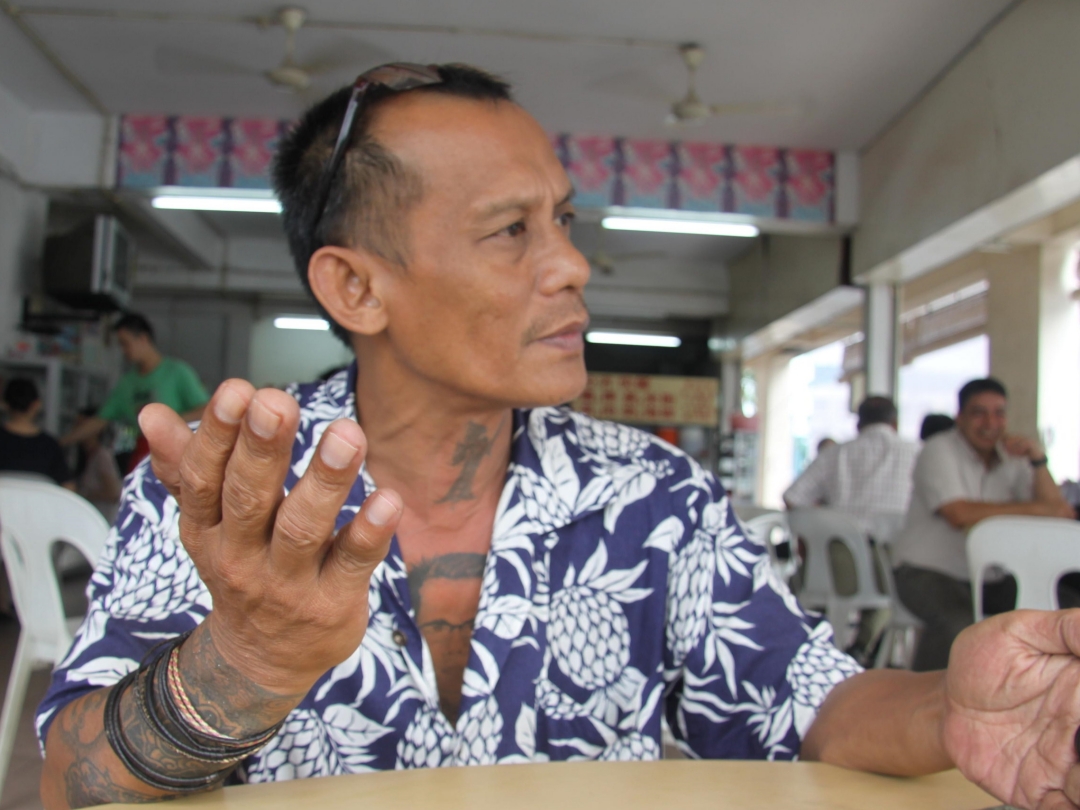ADVERTISE HERE
KUCHING: The mechanism to end subsidies for the education financing of children from wealthy families in the country’s top public schools needs to be carefully considered.
Having said that Dr. Dzul Hadzwan Husaini, senior lecturer at the Faculty of Economics and Business, Universiti Malaysia Sarawak (Unimas), viewed this effort as a step towards fiscal sustainability for the country.
He said while the initiative is reasonable, the execution is also crucial to avoid any serious socioeconomic issues.
“According to human rights, education at the secondary or primary level is mandatory, so the government must be cautious in this matter.
“This is also to prevent the creation of another term such as ‘educational poverty’ because we already have terms like digital poverty, energy poverty, and other issues related to new socioeconomic problems,” he told Sarawak Tribune.
In this regard, Dzul explained that the mechanism for reforming public school education, aimed at eliminating leakages, needs to be closely examined.
“Will the mechanism involve fees based on market prices? Will low- and middle-income groups receive special discounts?
“If this is the mechanism, public school education operations may become sustainable and reduce leakages. Excess funds can also be used for school development and providing appropriate salaries according to current conditions,” he stated.
He said the government is actively rationalising bulk subsidies, which involves identifying target groups.
“From this perspective, the government is also urged to be fair in defining high-income groups, including classifications of T20, M40, and B40, as the current classifications are outdated given the financial challenges faced by these groups.
“For example, the current T20 income level is close to M40 — if that household has only one income earner and more than five children, then the T20 status does not accurately reflect their financial condition and comfort. The same interpretation applies to other groups,” he stressed.
He mentioned that this issue needs to be highlighted before initiating a mechanism touted as fair and equitable.
Recently, Prime Minister Datuk Seri Anwar Ibrahim said there will be no more free education in top schools for children of the elites.
He added that the rich who can afford to pay will have to do so when Budget 2025 is announced.
“As far as I understand, the elite groups such as senior civil servants, political and top business leaders, who are sending their children to the best schools funded by the government are enjoying the benefits and this is unreasonable. (It is) unfair.
“If the children of the wealthy are sent to the Faculty of Engineering (for example), whether they are Malays, Chinese, Iban or Kadazan, they should pay. By doing this, we can cover the shortfall. Otherwise, these subsidies will be enjoyed by the wealthy. The funds should (instead) be used to help the poor more.
“We must be truly fair to those in need, especially those vulnerable groups, children with autism for instance, who should be given the focus,” he said.









 English (US) ·
English (US) ·